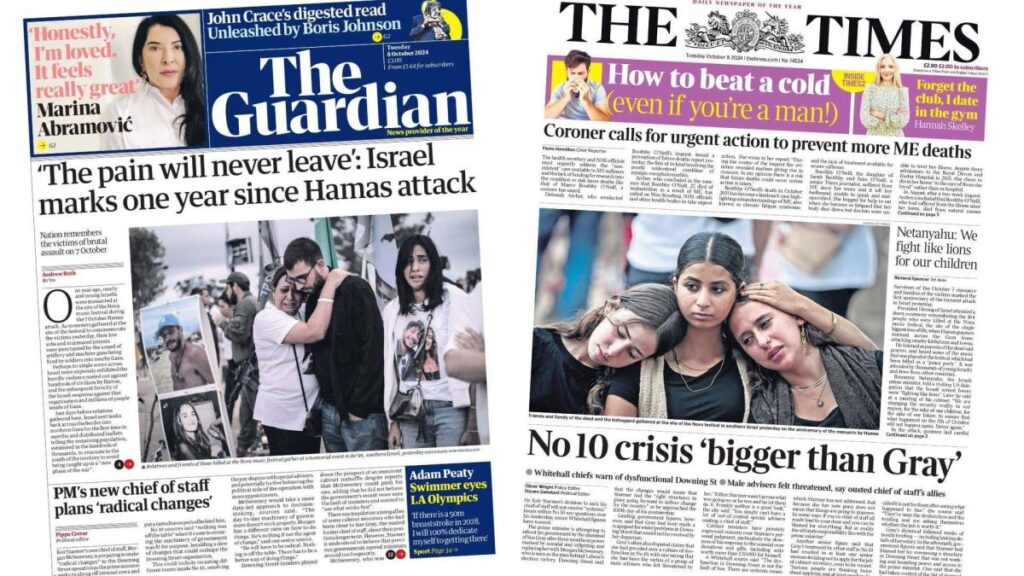In the latest round of news, the Conservative Party has called for a clearer account regarding the donations made by Labour peer Lord Alli to senior politicians, amid revelations that Alli paid for clothing and holidays for several Labour MPs, including the Prime Minister. This has raised questions about potential favors in exchange for the donations. A forthcoming book detailing Labour’s rise to power is expected to illuminate the extent of Alli’s involvement and the implications of his financial support for political figures. This scenario has highlighted ongoing concerns over transparency in political donations and the potential influence of money on government actions.
The I publication reports that Labour leader Sir Keir Starmer has not dismissed the possibility of British military involvement if Israel were to attack Iran, a statement that has stirred debate over the UK’s military obligations in the Middle East. Starmer’s remarks have left ambiguous whether British personnel or military bases might be engaged in any potential retaliatory actions initiated by Israel against Iranian aggression. This stance has raised eyebrows and further fueled discussions on the Labour Party’s foreign policy framework and how it aligns with the UK’s long-standing commitments to international security.
In a more localized issue, the Metro highlights a pressing problem of potholes across the UK, linking this to a staggering number of incidents—470,000 in total this year alone—with over 50,000 occurring last month that resulted in injuries and fatalities. The report emphasizes the urgent need for government action, particularly as public dissatisfaction grows over the failure to honor pledges made during elections to repair a million potholes. The surge in pothole-related incidents is indicative of broader infrastructure issues and public safety concerns that necessitate prompt and effective governmental response.
In the realm of social justice, the Daily Express covers protests against cuts to winter fuel payments, featuring hundreds of demonstrators outside Parliament. Union leader Sharon Graham vocally condemned the government’s decision, urging Prime Minister Rishi Sunak to reverse these cuts. The demonstrations underscore the ongoing tensions between government austerity measures and public welfare, particularly in light of increasing energy costs and the upcoming winter season. The protests illustrate growing public dissent and the call for greater accountability and support from elected officials.
The international stage saw memorials held in Israel to commemorate the first anniversary of the October 7 attack, as reported by The Guardian. The reflections from this somber occasion serve to highlight the complexities of Israeli security concerns and the impacts of ongoing geopolitical tensions in the region. Such events are crucial in understanding the long-term consequences of violence and conflict, and they often evoke varying responses from both local and international communities who grapple with the lasting effects of trauma and collective memory.
On a different note, the entertainment world has been rocked by Philip Schofield’s dramatic exit from ITV following revelations of an extramarital affair with a younger colleague. The Daily Mirror captured the emotional fallout, including Schofield’s public remarks to co-host Holly Willoughby, indicating the personal strains arising from their professional relationship. The incident has attracted widespread media attention and speculation, especially given its implications for workplace conduct in the entertainment industry. Likewise, The Sun’s coverage of Schofield’s derogatory comments about Willoughby further highlights the often tumultuous nature of personal relationships under public scrutiny, reflecting on broader themes of accountability and the dynamics of public figures dealing with private crises. Together, these narratives illustrate a complex tapestry of political, social, and cultural issues currently shaping the discourse in the UK.

